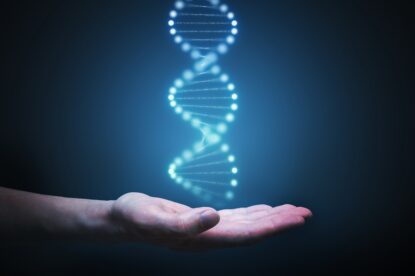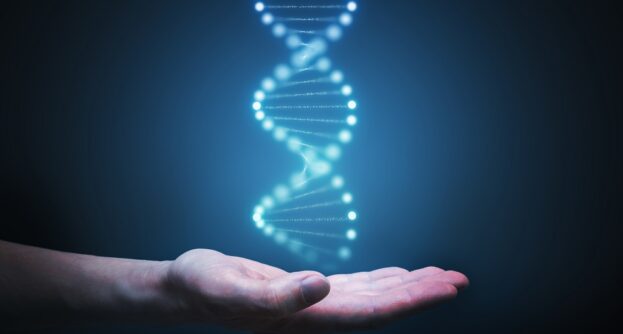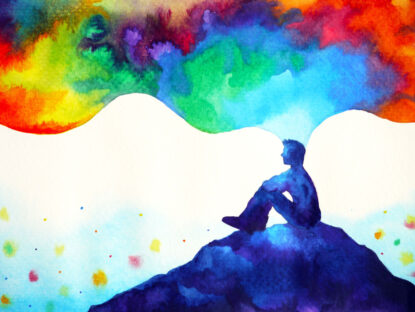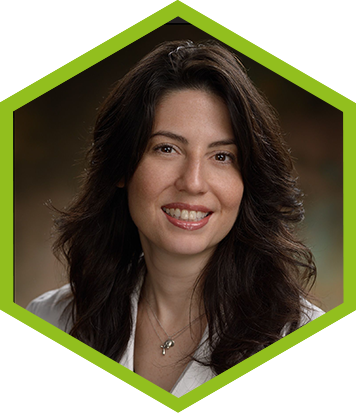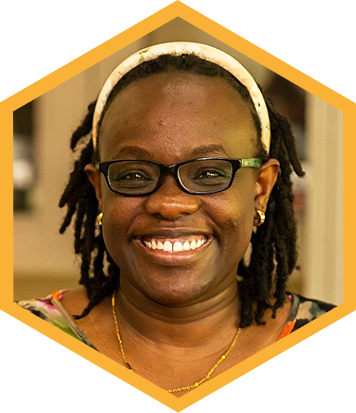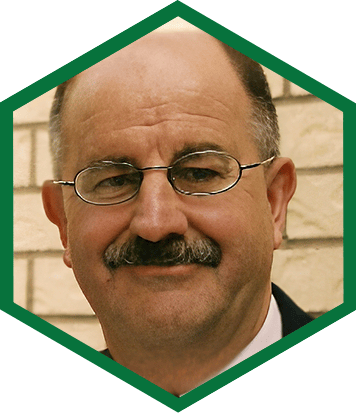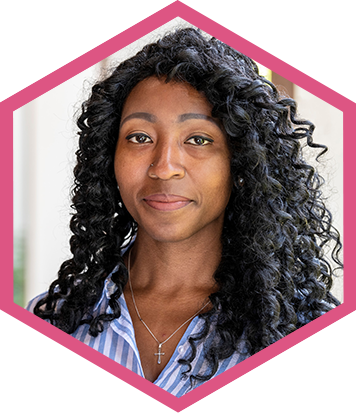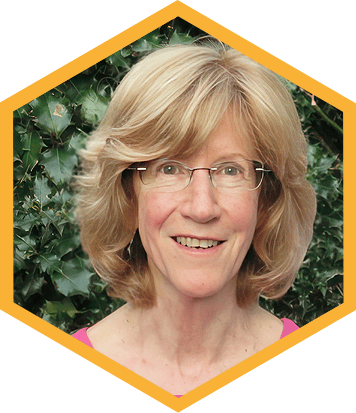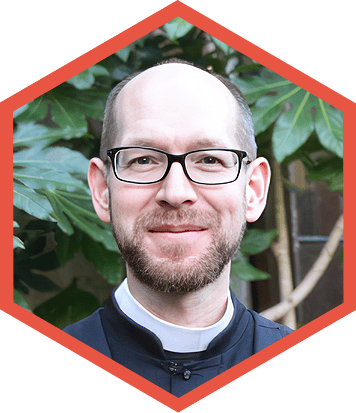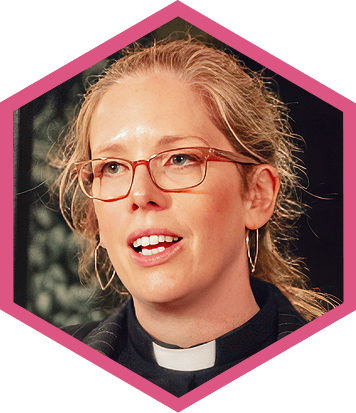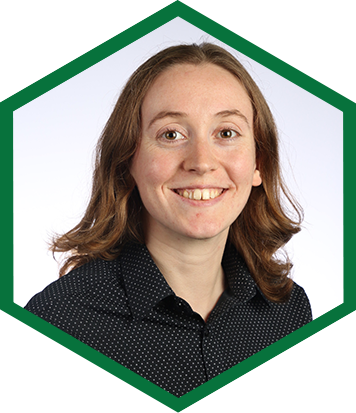Welcome! This is a space for you to explore questions about Science, Religion and Ethics?
Choose your age range, below, and then enjoy the content made just for you!
Below, you will find some questions and thoughts about God, ethics, and ideas about right and wrong. You can also meet different experts who think about these sorts of questions, and find relevant activities and resources you can dive into yourself.
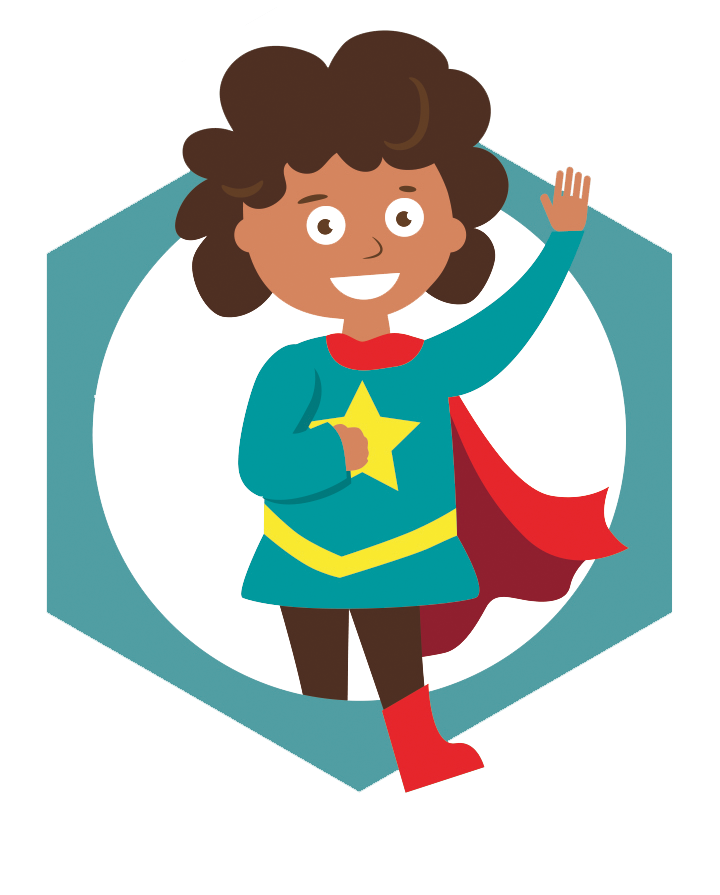
Questions & Answers
More Questions?
Do you have questions which aren’t covered here? That’s great! Questions are great, and we’d love to help.
If the question is on this topic, please get in touch with us and we’ll do our best to help you explore your question.
If your question is on a slightly different topic, take a look at some of our other topics, activities and resources to see what you can discover.
Theologians, philosophers and Scientists of faith who explore this topic area
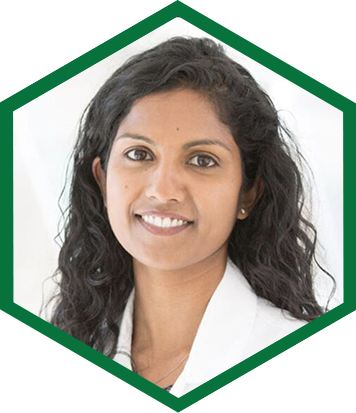
Julia Wattacheril, MD, MPH
Dr Julia Wattacheril is a Christian, doctor, and translational scientist.
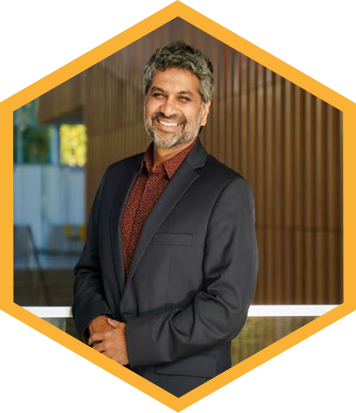
Praveen Sethupathy
Professor Praveen Sethupathy is a geneticist, Professor of Biomedical Science and a Christian.

Julia Wattacheril, MD, MPH
Dr Julia Wattacheril is a Christian, doctor, and translational scientist.

Praveen Sethupathy
Professor Praveen Sethupathy is a geneticist, Professor of Biomedical Science and a Christian.
Related Resources
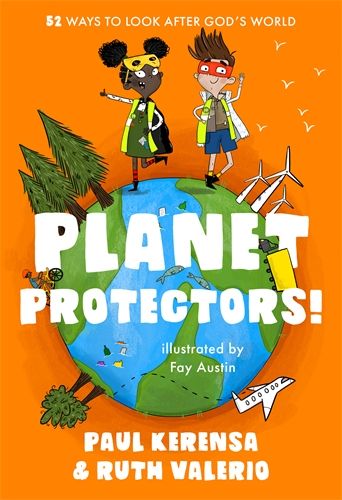
Planet Protectors
Paul Kerens and Ruth Valerio
Aimed at a Christian audience, this fun, fact-filled book offers 52 empowering ways to become Planet Protectors that look after the world Christians believe God made.
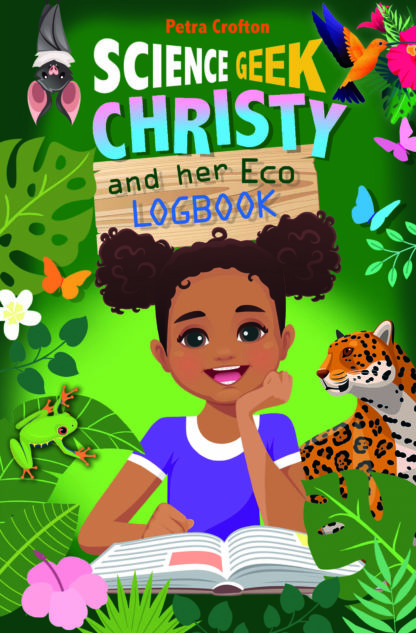
Science Geek Christy and her Eco-Logbook
Petra Crofton
Meet Christy, a determined young girl who is passionate about protecting the planet she believes God made. Can she, and her school mates, find an eco-friendly to travel to Ecuador for the trip of a lifetime?

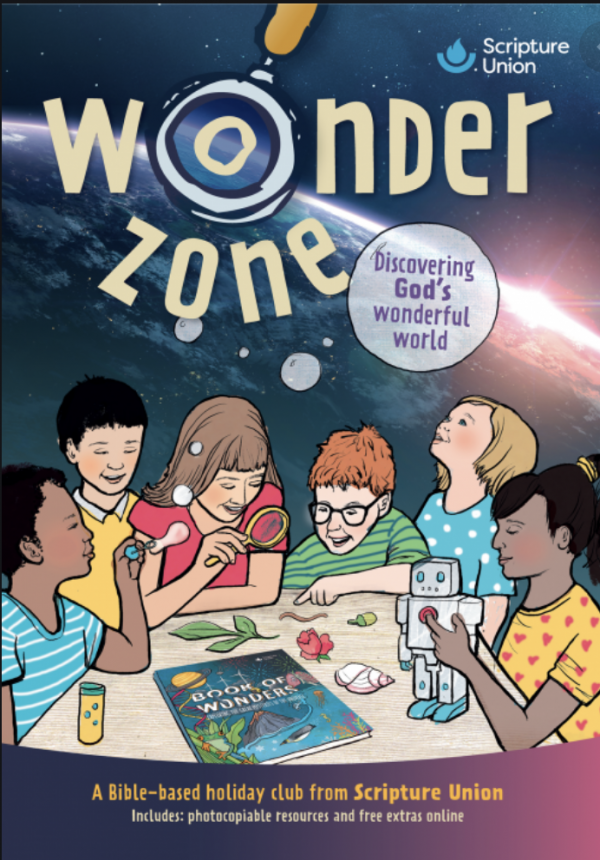
Wonder Zone Holiday Club (Faraday Kids)
Alex Taylor & Faraday Kids
A Bible-based, children’s holiday club resource from Scripture Union and The Faraday Institute, containing all you need to host a 5-day holiday club using a fun science theme that will have children in their element.

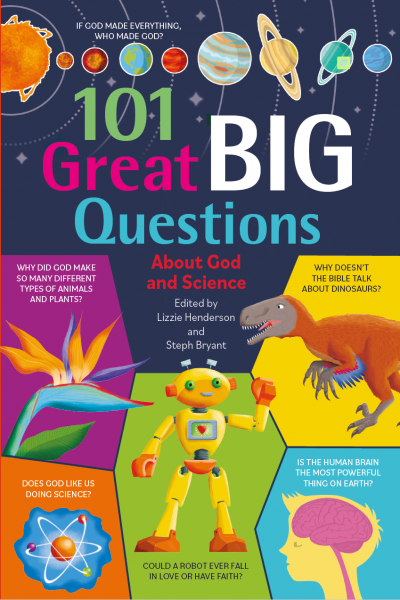
101 Great Big Questions about God and Science
Lizzie Henderson & Steph Bryant
101 Great Big Questions asked by children, with fascinating responses from leading experts in the areas of science, theology, philosophy and beyond!

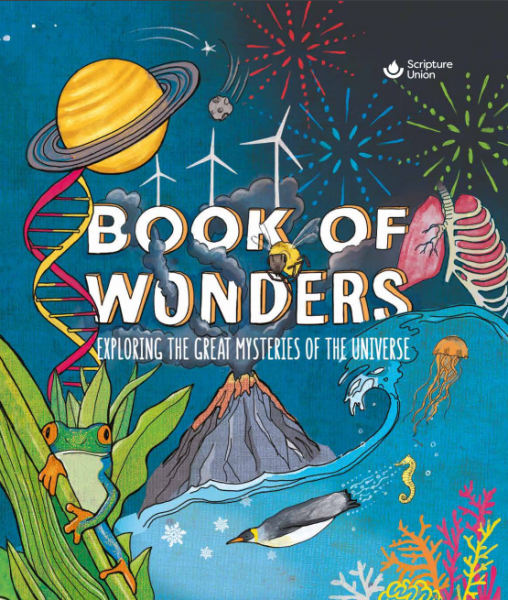
Book of Wonders
Alex Taylor & Faraday Kids
Published by Scripture Union, ‘Book of Wonders’ is a captivating, beautifully illustrated book that helps children to explore science and Christian faith. Get ready to dive into a world of discovery and wonder!

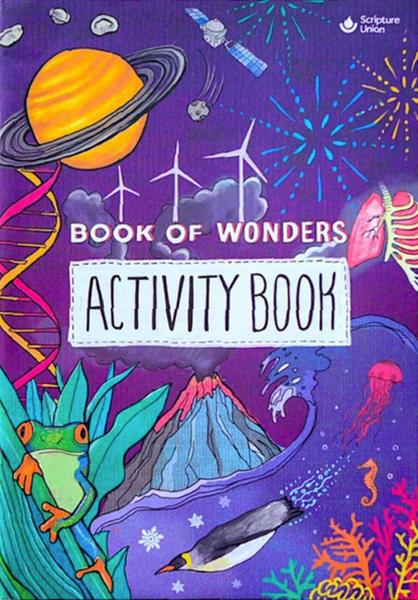
Book of Wonders – Activity Book
Alex Taylor & Faraday Kids
Enhance your ‘Book of Wonders’ experience with this accompanying A4 activity book, filled with puzzles, experiments, activities, colouring and more.

Planet Protectors
Paul Kerens and Ruth Valerio
Aimed at a Christian audience, this fun, fact-filled book offers 52 empowering ways to become Planet Protectors that look after the world Christians believe God made.

Science Geek Christy and her Eco-Logbook
Petra Crofton
Meet Christy, a determined young girl who is passionate about protecting the planet she believes God made. Can she, and her school mates, find an eco-friendly to travel to Ecuador for the trip of a lifetime?


Wonder Zone Holiday Club (Faraday Kids)
Alex Taylor & Faraday Kids
A Bible-based, children’s holiday club resource from Scripture Union and The Faraday Institute, containing all you need to host a 5-day holiday club using a fun science theme that will have children in their element.


101 Great Big Questions about God and Science
Lizzie Henderson & Steph Bryant
101 Great Big Questions asked by children, with fascinating responses from leading experts in the areas of science, theology, philosophy and beyond!


Book of Wonders
Alex Taylor & Faraday Kids
Published by Scripture Union, ‘Book of Wonders’ is a captivating, beautifully illustrated book that helps children to explore science and Christian faith. Get ready to dive into a world of discovery and wonder!


Book of Wonders – Activity Book
Alex Taylor & Faraday Kids
Enhance your ‘Book of Wonders’ experience with this accompanying A4 activity book, filled with puzzles, experiments, activities, colouring and more.














